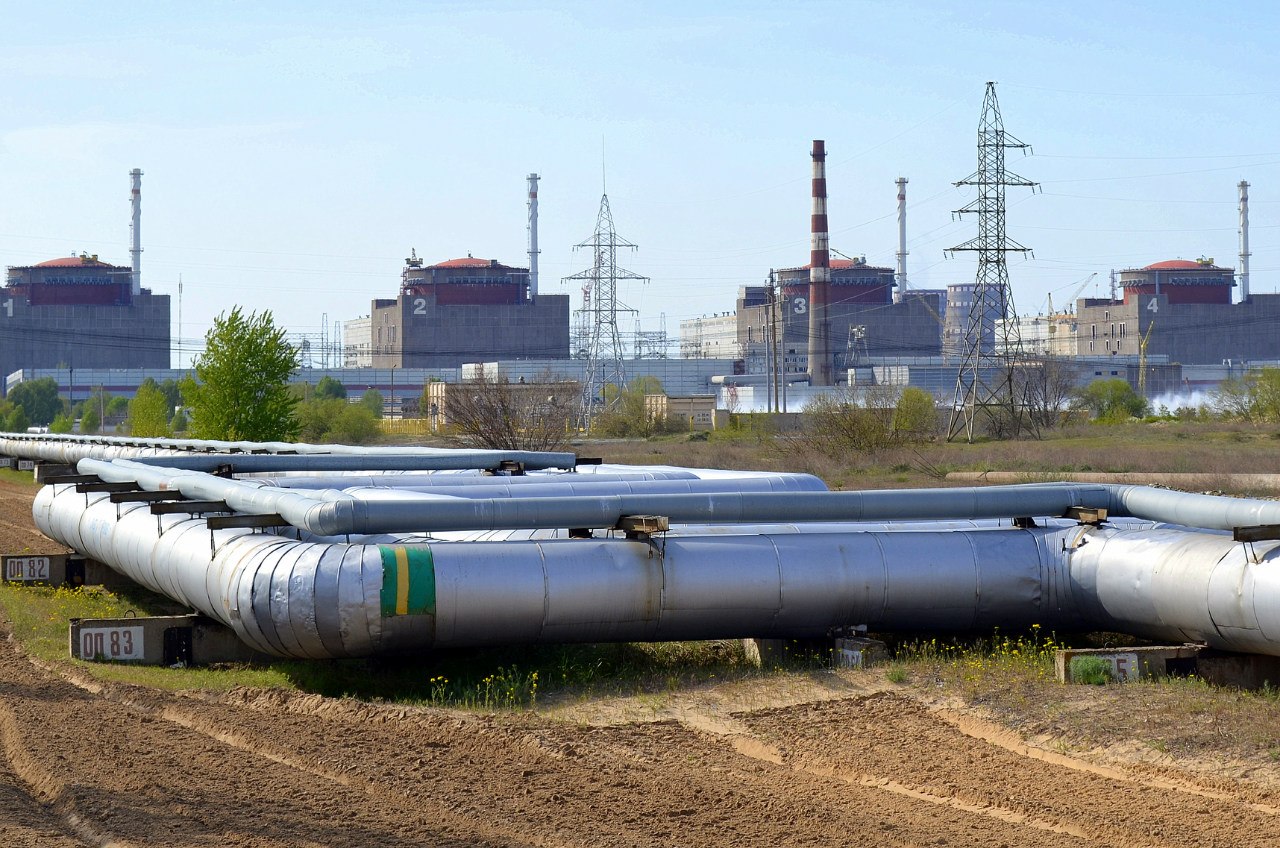„Ukraine is at risk of a great energy famine caused by Russia. Poland should be at the forefront of European aid to save our eastern neighbors from a humanitarian catastrophe,” writes Wojciech Jakóbik, editor-in-chief at BiznesAlert.pl.
The Great Famine in the energy sector of Ukraine
On October 10, the Russians attacked the energy sector of Ukraine with missiles. Dozens of missiles fell on the energy infrastructure of Poland’s eastern neighbor in 11 regions, including Kyiv. The attacks caused shortages of water, energy and heat. Among other things, they hit power plants and combined heat and power plants across the entire country. Ukraine’s Energy Ministry has reported that Russian missiles have hit 30 percent of the country’s energy infrastructure. Russian attacks led to a series of blackouts by the Dnieper. The Transmission System Operator Ukrenergo did not use the emergency energy supplies from the European Union, and instead resorted to limiting domestic consumption. However, it was forced to stop energy exports on which European countries, including Poland, counted on. Warsaw is even planning to complete the modernization of the connection with the Khmelnitsky power plant by the end of the year. The Ukrainian energy group DTEK estimates that one of the goals of the Russian attacks is to block energy exports from Ukraine to Europe, to prevent the country from helping it fight the energy crisis fueled by Russia’s Gazprom that is restricting gas supplies. DTEK argues that recapturing the town of Enerhodar with the Zaporizhzhya Nuclear Power Plant (under Russian control, but managed by Energatom) and the Zaporizhzhya CHP Plant (owned by DTEK) would release 1,000 MW of energy for export this heating season. President of Ukraine Volodymyr Zelensky called on the citizens of his country to save energy at the peak of demand in the afternoon and evening. The Russians may continue attacks on energy infrastructure to limit the availability of energy and heat in the heating season beginning in November, triggering a humanitarian catastrophe by the Dnieper. This is another example of Russian energy terrorism. One can look for an analogy to the Soviet policy of confiscation of grain in the 1930s. The Great Famine in the 20th century led to mass deaths, now known as the Great Famine. A similar phenomenon in the energy sector could lead to the emergence of a new wave of war refugees, this time caused by people fleeing from regions without access to the utilities necessary for existence. Already, the war-affected areas are suffering from energy and heat shortages, preventing the normal functioning of Ukrainian families remaining in the country. This is a political, social and economic challenge for the entire European Union, and especially for Poland as a border country counting on energy exchange with Ukraine.
Poland helping Ukraine is its own and the West’s interest
Ukraine needs support with air defense systems to protect its energy sector from Russian missile attacks. There is also a need for ad hoc support with the equipment necessary to stabilize the power system, which is already coordinated through the Secretariat of the Energy Community. Poland and some EU countries have been providing such assistance since the beginning of the invasion in February 2022, and now it is necessary to maximize this support. Transformers, cables and insulation are needed. The European Union should allocate as much money as possible to such assistance in order to prevent the implementation of Russia’s plan, which may consist in paralyzing the Ukrainian counteroffensive with the help of energy terrorism. The actions of the Russians may also lead to a new wave of refugees, which Ukraine will no longer be able to move inside the country due to the inaccessibility of utilities. This would be a source of new social and economic burdens in a Europe facing an economic crisis. Russia’s actions may also prevent energy trade with Ukraine, which would provide cheap and stable supplies to European countries with Poland on top of the list. For this reason, as well as for axiological reasons, efforts to save Ukraine from a humanitarian catastrophe must not be spared. Once again, Poland can act as a coordinator of support for Ukrainians in the energy sector. It is worth recalling that the head of the Energy Community is currently a Pole, Artur Lorkowski. Saving Ukraine from the great energy famine is a sine qua non condition for the development of bilateral and multilateral relations, which have bright prospects. After the current crisis is over, Ukraine will be able to return to integrating its energy and gas systems with the EU and offer cheap energy and gas storage before the next heating season, which will be most probably wreaked by another energy and economic crisis.









